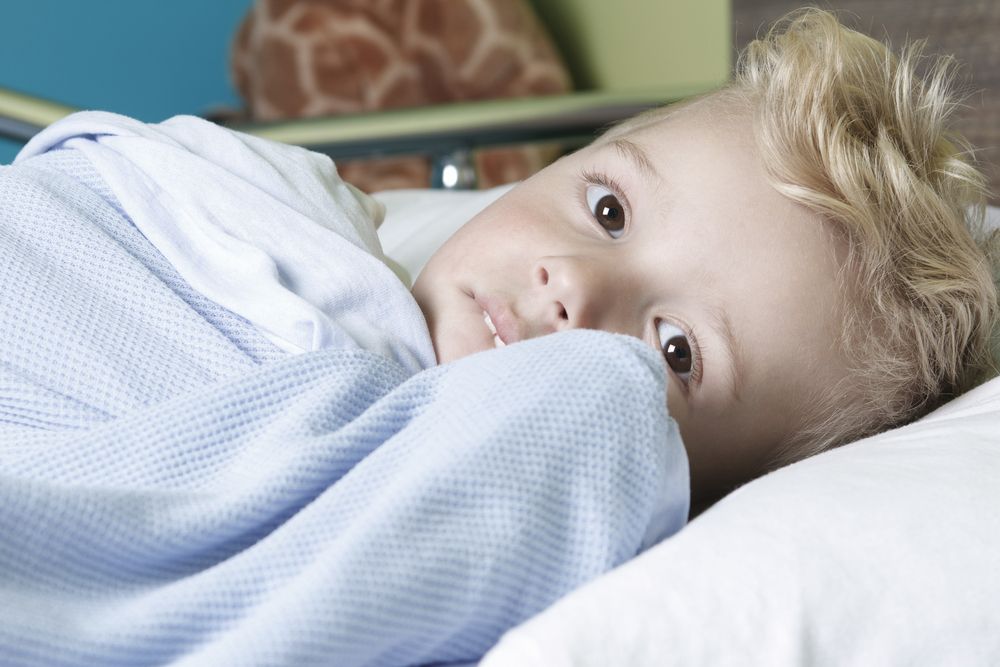September is Childhood Cancer Awareness Month and is also celebrated as Leukemia and Lymphoma Awareness Month. I’d like to recognize both by sharing with you a research project that is aimed at improving treatment options for lymphoma, which is the third most common type of childhood cancer and also one of the most common in adolescents and young adults.
While the month itself is only 30 days long, we are constantly exploring new options—and new hope—for children with cancer. Now three years in the making, my childhood lymphoma study has two main goals in mind:
- Reduce or eliminate highly toxic agents from up-front, or initial, lymphoma therapy
- Provide new options in the treatment of relapsed lymphoma patients
Why this focus?
Well, 90 percent of pediatric lymphoma cases are curable. However, the outcomes are not as good for patients who have relapsed, meaning their cancer has returned after a period of remission, with survival rates hovering around 20 percent for this group. In addition, current treatment involves highly toxic chemotherapy drugs, which cause severe short- and long-term side effects. For children, these side effects can be fatal.
Our research team is investigating the potential mechanisms of disease resistance in B-cell lymphoma, specifically. Our hope is to discover novel, targeted therapeutic approaches to treating lymphoma that may be effective in circumventing or overcoming resistance. Not only would these developments give patients a better shot at survival, they may also allow for the use of lower doses of chemotherapy, reducing the toxic side effects of those treatments and improving their quality of life.
It takes years for any drug to move through development and into clinical use, so our work is far from over. But we move forward with the hope that our efforts will lead to a clinical research study and, one day, a new, more-effective option for lymphoma treatment.
Other researchers involved in this study include Dr. Myron Czuczman, Dr. Francisco Hernandez-Ilizaliturri and all the staff in the Lymphoma Translational Research Laboratory here at Roswell Park.
I’d be remiss if I didn’t publicly thank Carly’s Club, which has provided a one-year grant to keep this research project moving forward. Carly’s Club provides supportive programs to children with cancer and raises funds for pediatric cancer research. We’re very thankful for this support, and I know all the patients and families who benefit from its support are, as well.
